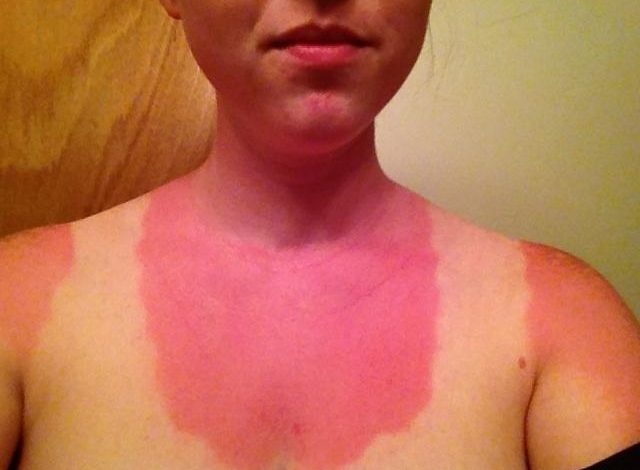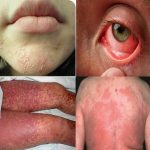Symptoms of Lidocaine Allergy

A drug allergy is an allergic reaction to a medication. With an allergic reaction, your immune system, which fights infection and disease, reacts to the drug. This reaction can cause symptoms such as rash, fever, and trouble breathing.
True drug allergy is not common. Less than 5 to 10 percent of negative drug reactions are caused by genuine drug allergies. The rest are side effects of the drug. All the same, it’s important to know if you have a drug allergy and what to do about it.
Why they happen
Your immune system helps protect you from disease. It’s designed to fight foreign invaders such as viruses, bacteria, parasites, and other dangerous substances. With a drug allergy, your immune system mistakes a drug that enters your body for one of these invaders. In response to what it thinks is a threat, your immune system begins to make antibodies. These are special proteins that are programmed to attack the invader. In this case, they attack the drug.
This immune response leads to increased inflammation, which can cause symptoms such as rash, fever, or trouble breathing. The immune response might happen the first time you take the drug, or it may not be until after you’ve taken it many times with no problem.
What is lidocaine?
Lidocaine is a local anesthetic (numbing medication) that is used to numb an area of your body to help reduce pain or discomfort caused by invasive medical procedures such as surgery, needle punctures, or insertion of a catheter or breathing tube.
Lidocaine injection is sometimes used to treat irregular heart rhythms that may signal a possible heart attack. Lidocaine injection is also given in an epidural (spinal block) to reduce the discomfort of contractions during labor.
Prescription lidocaine transdermal (Dermalid, Lidoderm, Ztildo) is used to relieve the pain of post-herpetic neuralgia (PHN; burning, stabbing pains, or aches that may last for months or years after a shingles infection). Nonprescription (over-the-counter) lidocaine (Absorbine Jr, Aspercreme, Lidocare, Salonpas, others) is also available to relieve minor pain in shoulders, arms, neck, and legs in adults and children 12 years of age and older. Lidocaine is in a class of medications called local anesthetics. It works by stopping nerves from sending pain signals.
What are the symptoms of lidocaine allergy?
Lidocaine has been known to cause allergies or other adverse effects. In addition, studies have also shown that delayed-type hypersensitivity to lidocaine may occur more frequently than previously thought. The allergic reactions include symptoms such as:
- Urticaria
- Erythema
- Intense itching
- Severe reactions in the form of angioedema and/or respiratory distress.
The symptoms of a lidocaine allergy may be so mild that you hardly notice them. You might experience nothing more than a slight rash.
However, a severe lidocaine allergy can be life-threatening. It could cause anaphylaxis. Anaphylaxis is a sudden, life-threatening, whole-body reaction to a drug or other allergen. An anaphylactic reaction could occur minutes after you take the drug. In some cases, it could happen within 12 hours of using the drug. Symptoms can include:
• irregular heartbeat
• trouble breathing
• swelling
• unconsciousness
Anaphylaxis can be fatal if it’s not treated right away. If you have any of the symptoms after taking a drug, have someone call 911 or go to the nearest emergency room.





